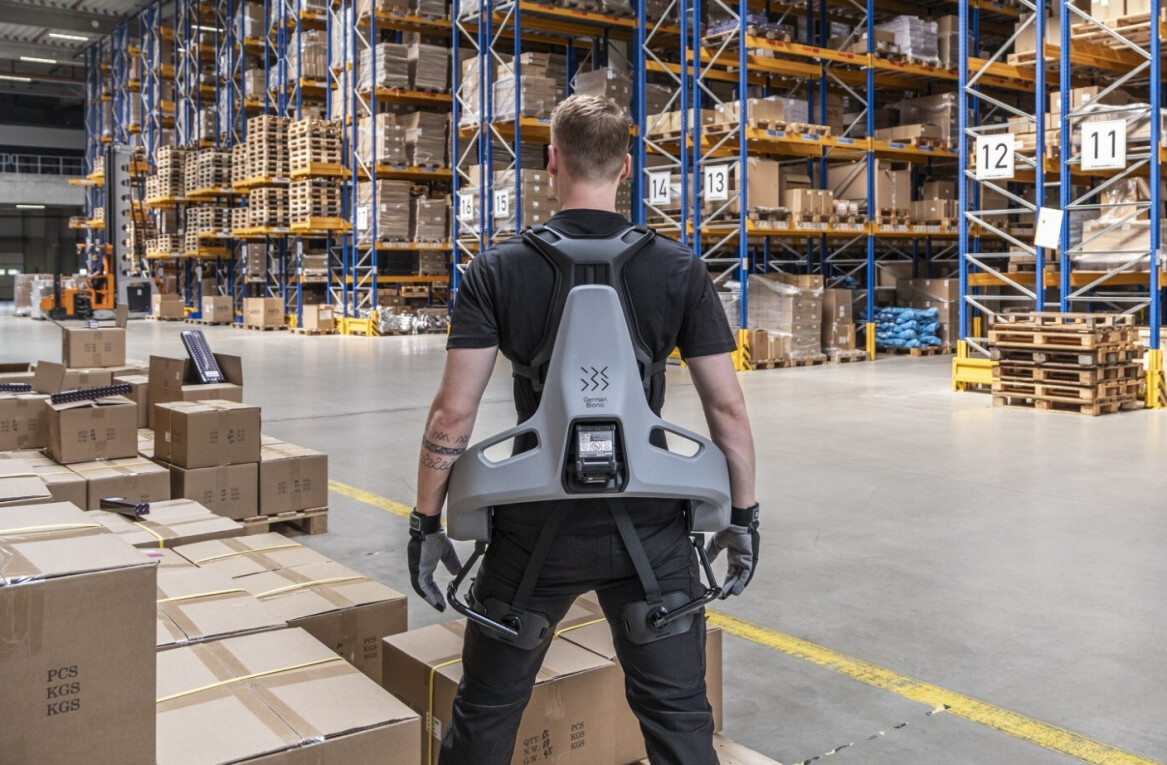
Last September, Microsoft CEO Satya Nadella identified an issue that was eating away at managers: productivity paranoia.
This was on the back of Microsoft research spanning 20,000 people across 11 countries, which found a disconnect between workers feeling productive in hybrid and remote environments and managers straining to “see” productivity in this new context.
About as many workers reported being productive as leaders reported a lack of confidence in that productivity (87% and 85%, respectively).
Intrusive micro-management
Unfortunately, to bridge this divide, some business leaders have turned to a new and intrusive form of micro-management. With employees working out of sight, managers are sourcing alternative ways to achieve the old “watchful eye” approach they had in the office.
These tools were especially appealing to managers forced to adapt to a new way of working without due preparation, and so it should come as no surprise that Google Trends indicates that searches for “remote employee monitoring” reached a peak in the spring of 2020.
So came the rise of interest in authoritarian-sounding employee monitoring software such as StaffCop and Time Doctor. Some providers reported increased demand for their software, with business tripling after the outbreak of the pandemic.
Employee monitoring can be as simple as creating attendance records and automated timesheets, or it can extend to screen monitoring, keystroke logging, and even location tracking. Some, like Time Doctor, can even enable a computer’s webcam to take a picture of the user every 10 minutes.
A 2020 report by Eurofound, the European Foundation for the Improvement of Living and Working Conditions, found that more than one-quarter (27%) of organisations in the EU were using data analytics for the monitoring of employee performance and that the use of such techniques was trending upwards.
Though there are no specific rules for employee monitoring software in the EU, GDPR is applicable because it involves the processing of people’s data.
And, unlike some data protection laws in the US, GDPR offers protections for employee-related information.
Lawful grounds
One of the key pillars of GDPR is consent to data processing, and this consent must be achieved without duress on the subject. Because of the imbalance of power in an employee-employer relationship, it’s considered that consent, in this case, cannot be freely given, and so employers must find further lawful grounds to justify their data processing.
Most employers will justify employee monitoring as a “legitimate interest”, though that doesn’t give them free rein for intensive surveillance. Any aspect of monitoring must be shown to be necessary, legitimate, and proportionate to the risk of any perceived threat (such as the unauthorised sharing of confidential information).
There must be a clear case that no other means of supervision, such as simply blocking certain websites or apps on company devices, is sufficient. And only the data necessary to achieve these justifiable aims should be captured.
Apart from rare exceptions that typically involve a criminal investigation, employers must disclose their monitoring practices to employees, detailing the data that will be processed, how, and for what purpose.
Some EU member states may have privacy and labour requirements that are even stricter than GDPR, which allows member states to institute their own specific rules for personal data processing within employment. Countries such as Belgium, France, Italy, and Spain, for example, have instituted a right to disconnect.
But rules and regulations are not the only reason employers should tread carefully when it comes to workplace surveillance. A recent survey from IT outsourcing firm 1E revealed that almost half of IT workers (48%) would turn down a good job if they knew a company was engaged in such activity.
If you’re uncomfortable with your current employer’s monitoring practices, you can always search for new opportunities on the House of Talent Job Board.
Microsoft, which has been preaching for practices that better support and enable productive hybrid work, is one of many companies with roles currently available in Germany, Ireland, the UK, and further afield.
Eurofound’s recent research revealed that employee performance monitoring is most common in Croatia and Romania, and least of all in Germany and Sweden. Large companies of 250 or more employees were most likely to use it, while small businesses of 10 to 49 employees were the least likely.
If Germany appeals to you for work, Hero Software is a mid-size SaaS business based in Hannover which is currently seeking a DevOps Engineer.
Stud-IT is a small-scale IT business with offices across Germany that is currently filling several junior roles.
And, if you’re among almost three-quarters (73%) of IT managers surveyed by 1E who were uncomfortable installing productivity-monitoring software for their teams, you can search for new opportunities such as this one at sustainability-focused consultancy Metabolic in Amsterdam, or this one at BeCap Consulting in Rennes, northwest France, which offers a flexible work policy blending time in-office and remote work.
Search for more available roles now on the House of Talent Job Board
Get the TNW newsletter
Get the most important tech news in your inbox each week.





